|
Once again, I turn to preparing for the summer conference season. I've presented several workshops on poetry over the years, but for this summer, I dug a bit deeper. I asked myself, "How have I taught poetry?" In my first years of teaching high school juniors in a public high school, our American Literature textbook included the usual poets and poems—Anne Bradstreet, Phillis Wheatley, William Cullen Bryant, and so on. My classes and I dutifully read those poems aloud and lightly discussed them. I dutifully assigned the printed discussion questions in the textbook as homework. And the next day, my students turned in their dutiful attempts at answers. Duty pervaded all. We had done our part and moved on through the textbook. Duty pervaded all." When our boys were older and I returned to teaching, in a classical school this time, I heard about how teaching with passion was contagious. Well of course! I had to try it out with poetry. Trust me, my 8th and 9th grade classes were likely overwhelmed by my enthusiasm and my rousing rendition of Whitman's "O Captain, My Captain". Somehow I thought that keeping my students' attention equaled mutual enthusiasm. It did not. I next began dissecting the poems into pieces, demanding that every tiny part be labeled. Unbeknownst to me, my actions sucked out the very life of the poem at hand. I continued this process for several years and could not understand why my enthusiasm and supposed expertise did not transfer to my classes as a whole. It was not my students. I came to see that only when I happened to read C.S. Lewis's Experiment in Criticism for the first time. He writes, The literary sometimes ‘use’ poetry instead of ‘receiving’ it. They differ from the unliterary because they know very well what they are doing and are prepared to defend it. ‘Why’, they ask, ‘should I turn from a real and present experience—what the poem means to me, what happens to me when I read it—to inquiries about the poet’s intention or reconstructions, always uncertain, of what it may have meant to his contemporaries?’ There seem to be two answers. One is that the poem in my head which I make from my mistranslations of Chaucer or misunderstandings of Donne may possibly not be so good as the work Chaucer or Donne actually made. Secondly, why not have both? After enjoying what I made of it, why not go back to the text, this time looking up the hard words, puzzling out the allusions, and discovering that some metrical delights in my first experience were due to my fortunate mispronunciations, and see whether I can enjoy the poet’s poem, not necessarily instead of, but in addition to, my own one?” (151-152). I had been a thief! I had not given my students the space to delight in the poem itself. I had forced my students to use poetry.
In his Preface to Paradise Lost, Lewis says that "the old critics were quite right when they said that poetry 'instructed by delighting.'" In all my learning, in all my best intentions, I had somehow missed this step. My approach to teaching poetry in a classroom setting is quite different now, and I'm still learning. My students and I read a poem aloud and silently several times. I engage the class with questions that most resemble Charlotte Mason's narration approach. I make notes of the questions they ask me and each other. I rarely demand that my students identify parts and pieces unless the poem shouts at us to do so. I offer historical or authorial context only as their questions demand. This simplicity has created a freedom from legalistic analysis. It has given me and my students the opportunity to receive the beauty of words. When we think of love sonnets, most of us think of the sappy ooze of lyricists or perhaps the mush in greeting cards. But when they were first written in the 14th century, their intent was much different. OUR HISTORY It all began with Francesco Petrarch in 1304. Like his predecessor Dante, Petrarch was a devout Catholic. He too was exiled from Italy with his family due to civil unrest. Once in France, Petrarch’s father had a successful law practice, and the family prospered, so much so that he arranged the best education money could buy at the time—private tutors. By age 16, Petrarch dutifully followed in his father’s footsteps and studied law first at Montpelier then at Bologna. THE BOOKS Legend tells that since his father was supplying an allowance to Petrarch, he often made surprise visits at university. One such afternoon, Petrarch was quietly reading a book in his rented room when his father suddenly arrived. Enraged at the number of books Petrarch had purchased with his allowance, he promptly threw them out of the window and into the street below. Throwing around books at this time was no light matter. Before the printing press, many books were hand-copied and sewn together at great cost. If the story is indeed true, Petrarch likely spent a month’s allowance on one book alone. His personal library held copies of Homer’s Iliad, Cicero's Rhetoric, as well as Virgil’s Aeneid, all of which he loved dearly. FORGET THE LAW Meanwhile, his father set fire to the small stash in the middle of the street. Any passerby would know the value of that fire. Naturally disheartened, within a few months Petrarch quit law school and promptly announced he was going to be a writer and poet and take his ecclesiastical orders. Some biographers say that his father died before he could quit; others that Petrarch was simply dissatisfied with the untruthfulness of the law as a whole. A MUSE IS BORN Petrarch did pursue his minor orders as a cleric and began to write, and this is where the sonnet as a more popular form was born. Though he did not invent the sonnet, the personal and spiritual nature of his verse is intensely compelling. The story he tells lies in Sonnet 3. He was in Avignon at service on Good Friday in 1327, "the day the sun's ray had turned pale," a day of “universal woe,” when a light from the cathedral window shone on a woman rows in front of him. It was Laura de Sade, who was already wed or soon to be by most accounts. She was illumined, and a Muse was born. They likely never met or spoke from that moment, but Petrarch wrote hundreds of sonnets about her and to her. Petrarch was not selfishly obsessive, but a man instead who knew love in a different way. That God revealed her to him on Good Friday was everything. For him, Petrarch's unrequited love for Laura was about directing his soul, "From her to you comes loving thought that leads, as long as you pursue, to highest good . . ." (Sonnet 13). In his first sonnet, for example, Petrarch speaks of himself, not Laura. O you who hear within these scattered verses Petrarch does hope those who have loved before will understand his suffering. This, of course, is typical of the ideal of unrequited love sung of during the Middle Ages and Renaissance. The greater the sighs, the greater the suffering, the greater the love. He may appear to be in despair, but he is actually debased, drawn to humility and repentance as he wrestles with his flesh. His spiritual state is clear—he is humbled by how he is drawn to “vanities” or his love for Laura because he knows it is not eternal, but “a quick passing dream.” From her to you comes loving thought that leads, It is God’s Love that shines from within her as Petrarch envisions Laura. With gratitude, he is drawn to a Higher Love. Petrarch seems to know that he must pursue the “highest good” or his love will become common and fleshly, “what all men desire.” Rather than wallow in despair, he is filled with hope that his Muse is leading him heavenward.
Perhaps the word inspiration has become trite. Whether I'm writing fiction or nonfiction, I've been asked more than once if I ever "feel" inspired to write. I know it's a standard author-type question, but I don't quite believe in the idea of a grand light-bulb moment or a guiding Muse. I do, however, often read something that gives me an idea or image. That definition of inspire I do agree with--to produce or arouse a feeling, thought, etc. Two years ago, I was trying to choose a John Donne poem to teach to my high school juniors. And, as often happens, I kept reading because I was enjoying reading Donne for the delight of simply reading poetry much like C.S. Lewis's idea of "receiving" versus "using" the poems we read. In An Experiment in Criticism, Lewis also mentions how we delight in the stir of our imaginations. When I encountered Donne's Holy Sonnet V [below], I had a glimmer of an idea. In the moment, I wasn't stirred by his purpose of calling us to repentance. No, I was captured by the image of new spheres and new lands as Donne cried out for the eternal hope of seeing them. I am a little world? The angelic juxtaposed with black sin? New spheres? New lands? It was then I sensed it. I call it a compelling. What new world could I picture? What could I write of? These were the moments that led me to begin writing fiction for the first time, the completed middle-grade fantasy novel I am querying today. I am a little world made cunningly *My favorite Donne collection remains the Everyman's Library Pocket Poets Series because...well, who doesn't like a pocket-size book of poetry?
V Make me thy lyre, even as the forest is: What if my leaves are falling like its own! The tumult of thy mighty harmonies Will take from both a deep, autumnal tone, Sweet though in sadness. Be thou, Spirit fierce, My spirit! Be thou me, impetuous one! Drive my dead thoughts over the universe Like wither'd leaves to quicken a new birth! And, by the incantation of this verse, Scatter, as from an unextinguish'd hearth Ashes and sparks, my words among mankind! Be through my lips to unawaken'd earth The trumpet of a prophecy! O Wind, If Winter comes, can Spring be far behind? In Percy Bysshe Shelley’s “Ode to the West Wind,” the wind of autumn is no longer accused of bringing a permanent death. Winter is not an evil. Yes, the seeds that the wind blows will die and be buried for but a season because the warm spring wind will certainly return to bring life. As much as I thrill to the autumn Keats describes in “To Autumn,” I find a deeper, more intense awareness in Shelley’s poem. Both poems are personal, yet Shelley’s feels like a prayer by the fifth and final stanza. With great earnestness, he asks the wind to play upon him, that he would be the harp just like the trees of the forest are strings for the wind to play upon. Shelley’s plea extends to his heart. Would that the wind could drive his dead thoughts away like nature’s seeds and bring those dead words to life. He commands the wind to do so, to scatter his words across the earth. I know, I know. Shelley may have been prompted by thoughts of glory and fame, but what if the spiritual parallel goes further? What if Shelley knew of David’s words in Psalm 49:4-5? My mouth is about to speak wisdom; my heart’s deepest thoughts will give understanding. I will listen with care to God’s parable. I will set his riddle to the music of the lyre." How unique that Shelley’s earnest determination parallels David’s. A similar passion drives them as both desire to make a mystery known through lyric.
Their expressions continue to resonate with me, and my hope remains—that I too can echo Shelley’s words in prayer, “Make me thy lyre.” No, there's no such thing as husband poetry.
I mean my husband asked me to teach him more about poetry. My husband felt there were decided holes in his education, but I thought surely somewhere in junior high or high school a dedicated teacher must have taught him some famous verse. He swears he remembers nothing of the sort. Thus, three months ago, my husband picked up a volume of Emily Brontë poetry and determined to understand what he read. He was already a decided Brontë sisters' admirer, so likability wasn't an issue. What did become an issue was rhyme scheme and syllable structure. So what to do? As he read poetry before bed each evening, he began to ask me questions like Why does this line have eight syllables and this one has ten? I know, I know. Nerd alert. How many married couples talk like this before falling asleep? Anyway, I began by asking him not only to count syllables in every line, but to also determine if there was a pattern. How many lines are in the overall poem? Did you say 14? So what type of poem is that? What was Bronte imitating? Pretty soon I realized we needed to start at the beginning. All the intelligent Rush lyrics of his youth bred a natural appreciation for poetry and the lyrical art, but that didn't mean he understood the required elements of the poet's work. This is what we've learned so far in the poetry journey: STEP ONE: Read poetry you like, poetry you're drawn to. Each person has their own taste of course. Bronte did that for him as did Frost and Seamus Heaney. STEP TWO: Break apart the poem skeleton. This is tricky because if you spend too much time identifying parts you can also remove the pleasure of reading for the beauty of the thing. At the same time without the knowledge of parts it's hard to appreciate the whole. Think of the human skeleton. Knowing the parts of the body that frame it and allow it to stand and move increases our appreciation of its overall appearance. STEP THREE: Find a teaching text that's written at your level. Perhaps the most difficult creature to find, an instructional book is a necessary thing unless you already have an English teacher spouse at your side. From homeschooling curricula to college-level texts, there are too many choices. I've read quite a few that make poetry more difficult and even more that make it too simple. The trick is to find the one that fits you. As an adult learner, my husband didn't want a middle school beginner though he was willing. Instead we went entirely old school. Why not learn from two distinguished Yale professors? MY TOP RECOMMENDATIONS Understanding Poetry by Cleanth Brooks and Robert Penn Warren. It's no longer in print but is a valuable text if you find one. You can learn so much from reading just two chapters on narrative and descriptive poems. Brooks and Warren include plenty of examples and commentary on how the poem works and what it means. It is most helpful to learn from their wealth of experience and to learn from the types of questions they ask about each poem. The Harp and Laurel Wreath by Laura Berquist. Berquist has compiled a thorough representation for grades 1-12. Poems are listed for memorization, analysis, and writing practice. She includes questions following each poem that are perfect for class discussion or independent learning. The appendices include most every literary term tied to poetry study in addition to plentiful examples on meter, rhyme, and verse. *originally published November 29, 2017 A night was near, a day was near,
Between a day and night I heard sweet voices calling clear, Calling me: I heard a whirr of wing on wing, But could not see the sight; I long to see my birds that sing, I long to see. Below the stars, beyond the moon, Between the night and day I heard a rising falling tune Calling me: I long to see the pipes and strings Whereon such minstrels play; I long to see each face that sings, I long to see. Today or may be not today, Tonight or not tonight, All voices that command or pray Calling me, Shall kindle in my soul such fire And in my eyes such light That I shall see that heart's desire I long to see. CELEBRATE ALL FOUR SEASONS with memoir, poetry, and short stories In the vein of Thoreau and Walden Pond, William Paul Winchester recounts his life on twenty acres in rural Oklahoma as simple and poetic. Nothing is diminutive. Embrace each blade of grass, the cow Isabel, the harvester ant, the sycamore, and the relics of the Dutchman's property. As he labored to build a house on a century-old foundation and strove to live off of the land, Winchester fully details the intricacy of each season with simplicity. Consider a summer scene—“Lightning bugs and glow worms, their bioluminescence dependent on phosphorus, were drawn to my twenty acres in such numbers that walking out on a still summer evening is like passing through the center of a meteor shower.” Winchester's memoir is just as much a commentary on contentment as it is a call to perspective. He writes, “To live in the country in a house I built for myself, with meaningful work and a margin of leisure, free to create a little universe of my own making—this was my idea of happiness.” You don’t have to be a Transcendentalist to enjoy Emerson’s delightful observations of “Earth-song.” Choose a season, and Emerson will regale you. From the “burling, dozing humble-bee” to his odes on Nature, his rambles and travels through the seasons are equally detailed in appreciation: Announced by all the trumpets of the sky, I leave you with the words of our final author, Washington Irving, and his commentary on the passing of seasons in “Christmas” from his Sketchbook-- We derive a great portion of our pleasures from the mere beauties of Nature. Our feelings sally forth and dissipate themselves over the sunny landscape, and we ‘live abroad and everywhere.’ The song of the bird, the murmur of the stream, the breathing fragrance of spring, the soft voluptuousness of summer, the golden pomp of autumn; earth with its mantle of refreshing green, and heaven with its deep delicious blue and its cloudy magnificence, all fill us with mute but exquisite delight...But in the depth of winter, when Nature lies despoiled of every charm, and wrapped in her shroud of sheeted snow, we turn our gratifications to moral sources.” originally published November 18, 2018
V Make me thy lyre, even as the forest is: What if my leaves are falling like its own! The tumult of thy mighty harmonies Will take from both a deep, autumnal tone, Sweet though in sadness. Be thou, Spirit fierce, My spirit! Be thou me, impetuous one! Drive my dead thoughts over the universe Like wither'd leaves to quicken a new birth! And, by the incantation of this verse, Scatter, as from an unextinguish'd hearth Ashes and sparks, my words among mankind! Be through my lips to unawaken'd earth The trumpet of a prophecy! O Wind, If Winter comes, can Spring be far behind? In Percy Bysshe Shelley’s “Ode to the West Wind,” the wind of autumn is no longer accused of bringing a permanent death. Winter is not an evil. Yes, the seeds that the wind blows will die and be buried for but a season because the warm spring wind will certainly return to bring life. As much as I thrill to the autumn Keats describes in “To Autumn,” I find a deeper, more intense awareness in Shelley’s poem. Both poems are personal, yet Shelley’s feels like a prayer by the fifth and final stanza. With great earnestness, he asks the wind to play upon him, that he would be the harp just like the trees of the forest are strings for the wind to play upon. Shelley’s plea extends to his heart. Would that the wind could drive his dead thoughts away like nature’s seeds and bring those dead words to life. He commands the wind to do so, to scatter his words across the earth. I know, I know. Shelley may have been prompted by thoughts of glory and fame, but what if the spiritual parallel goes further? What if Shelley knew of David’s words in Psalm 49:4-5? My mouth is about to speak wisdom; my heart’s deepest thoughts will give understanding. I will listen with care to God’s parable. I will set his riddle to the music of the lyre." How unique that Shelley’s earnest determination parallels David’s. A similar passion drives them as both desire to make a mystery known through lyric.
Their expressions continue to resonate with me, and my hope remains—that I too can echo Shelley’s words in prayer, “Make me thy lyre.” 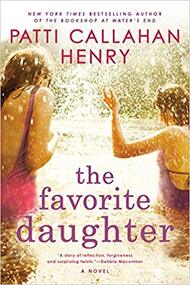 I read so much this summer that it was hard to choose what to include this year. And I almost added a new category titled BOOKS I HATED but thought that might be too much! Hint: They are excoriated (ahem! listed) on my Goodreads account. POPULAR READS.
I have many, many more books to read (and a few to write), but do share your own favorite summer reads in the comments below. I'd love to hear what brought you delight or simply got you thinking! A night was near, a day was near,
Between a day and night I heard sweet voices calling clear, Calling me: I heard a whirr of wing on wing, But could not see the sight; I long to see my birds that sing, I long to see. Below the stars, beyond the moon, Between the night and day I heard a rising falling tune Calling me: I long to see the pipes and strings Whereon such minstrels play; I long to see each face that sings, I long to see. Today or may be not today, Tonight or not tonight, All voices that command or pray Calling me, Shall kindle in my soul such fire And in my eyes such light That I shall see that heart's desire I long to see. |

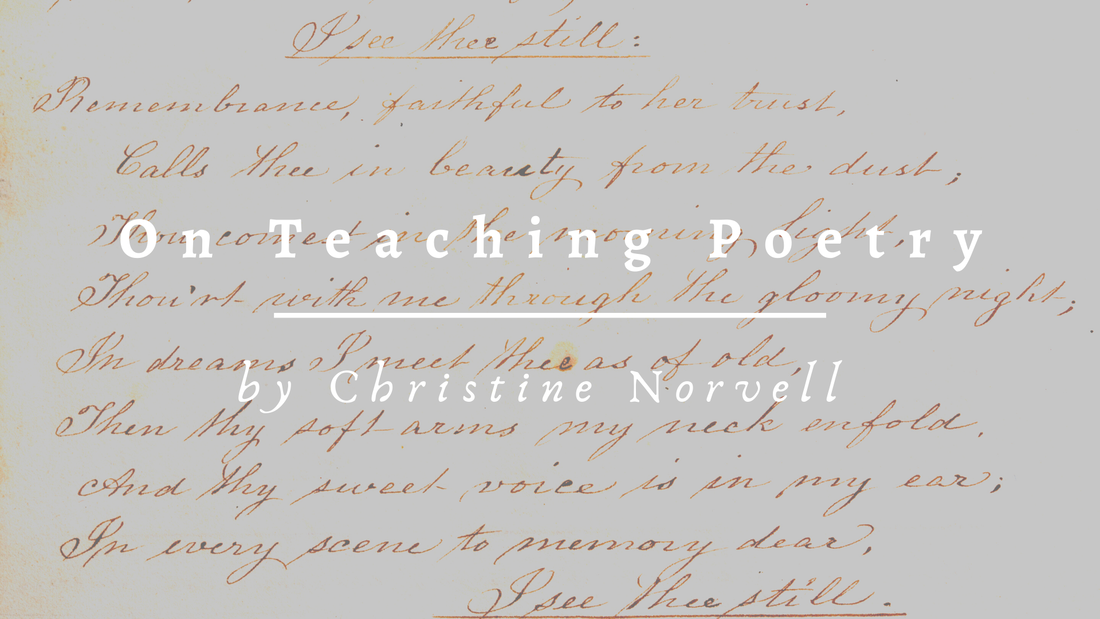
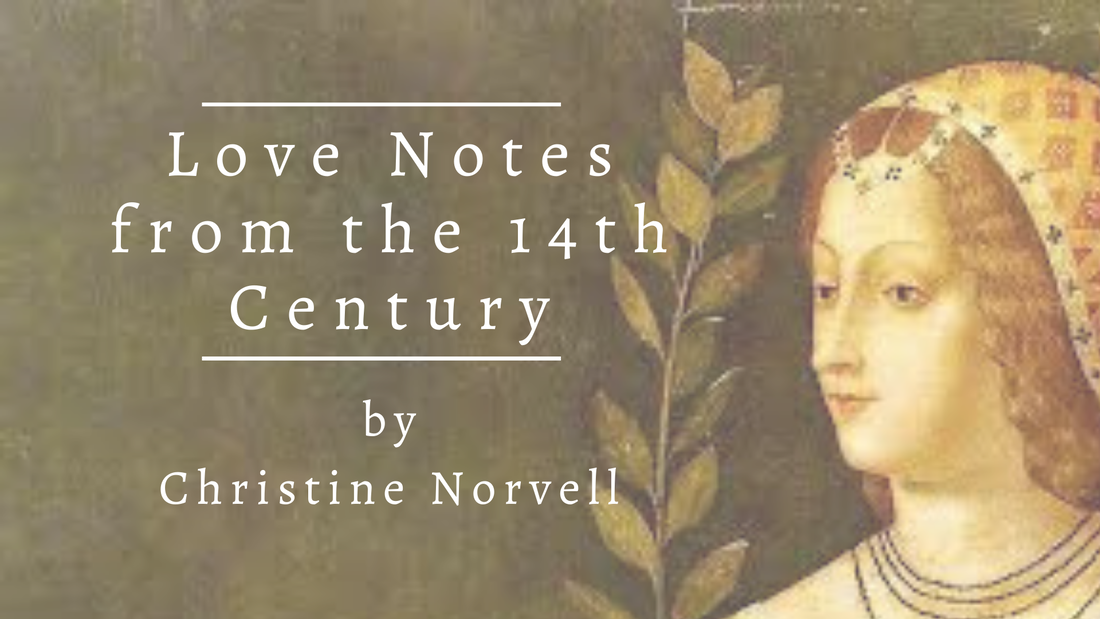
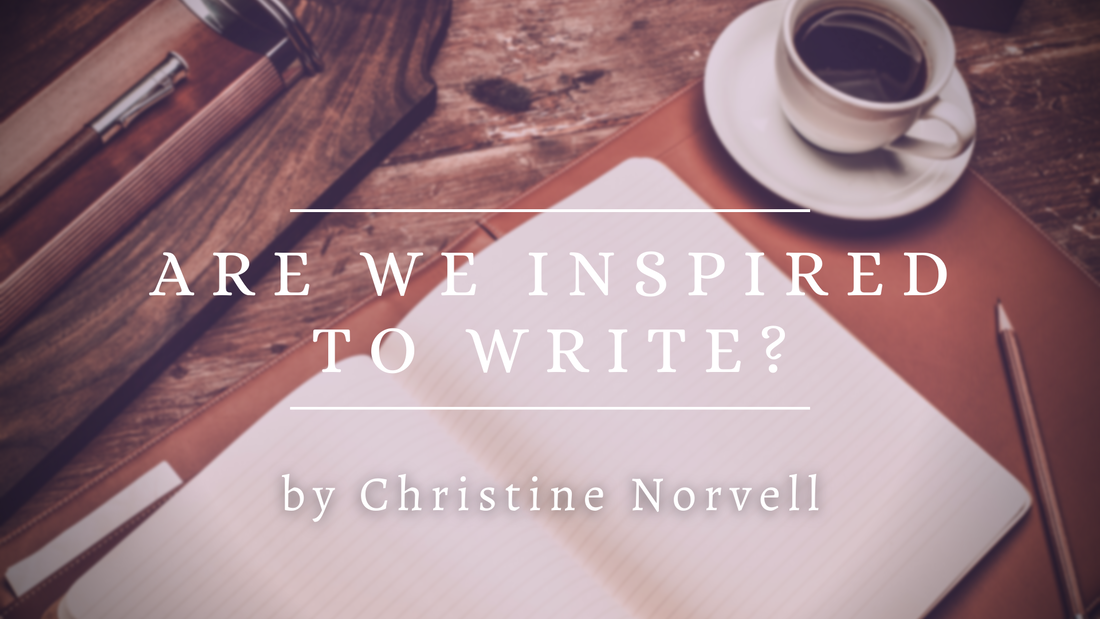
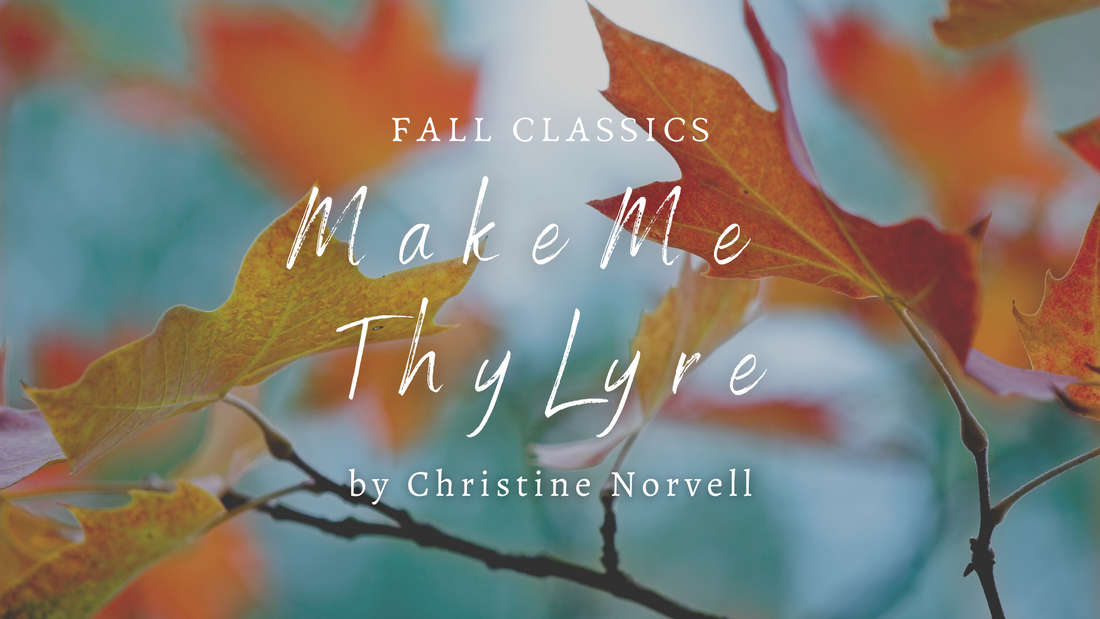
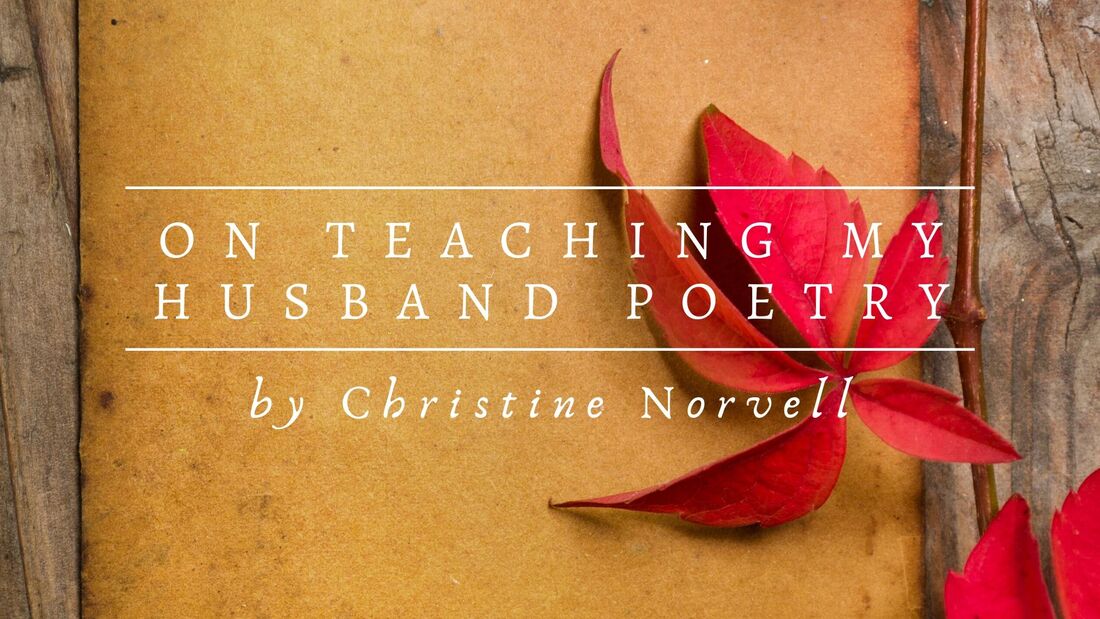
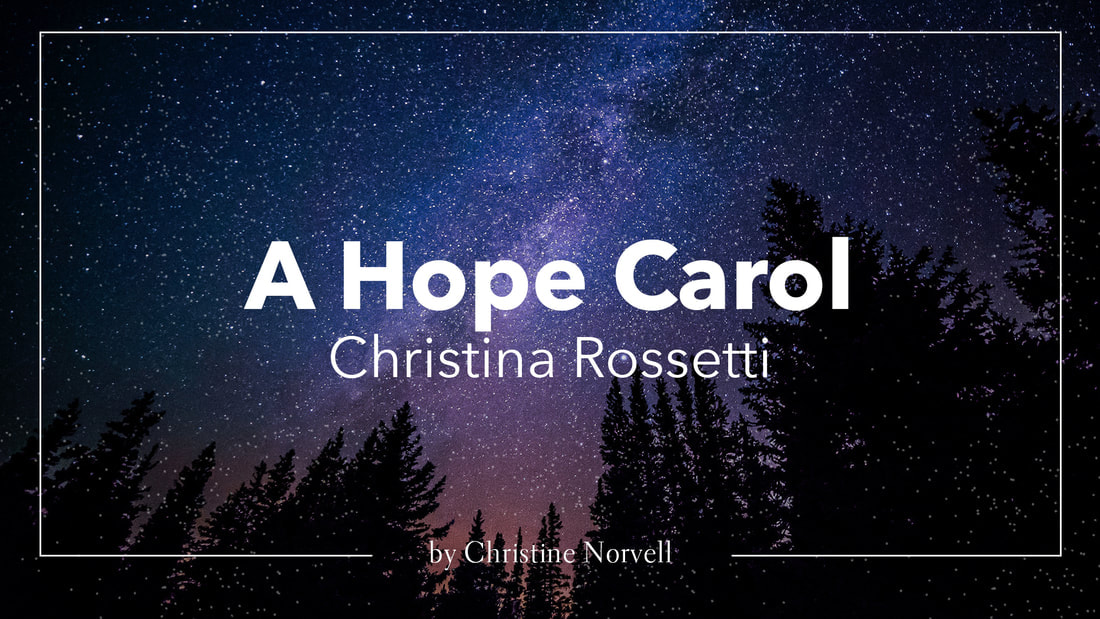
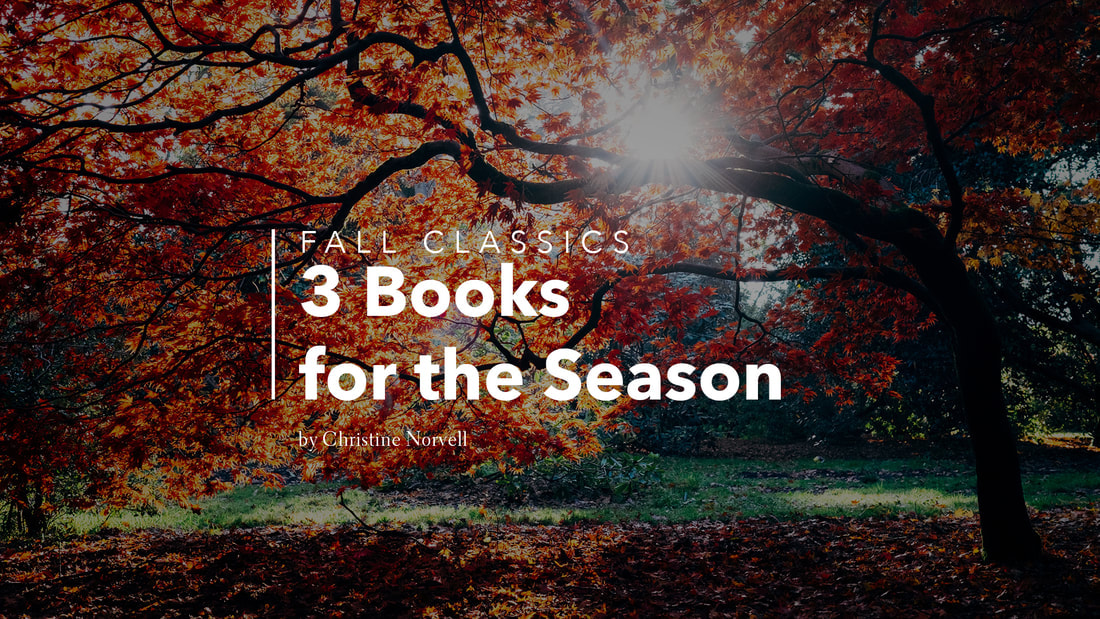
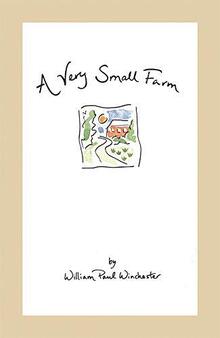
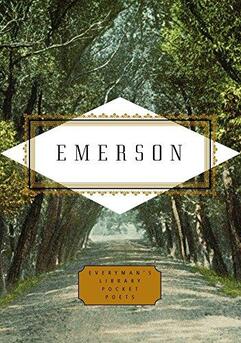
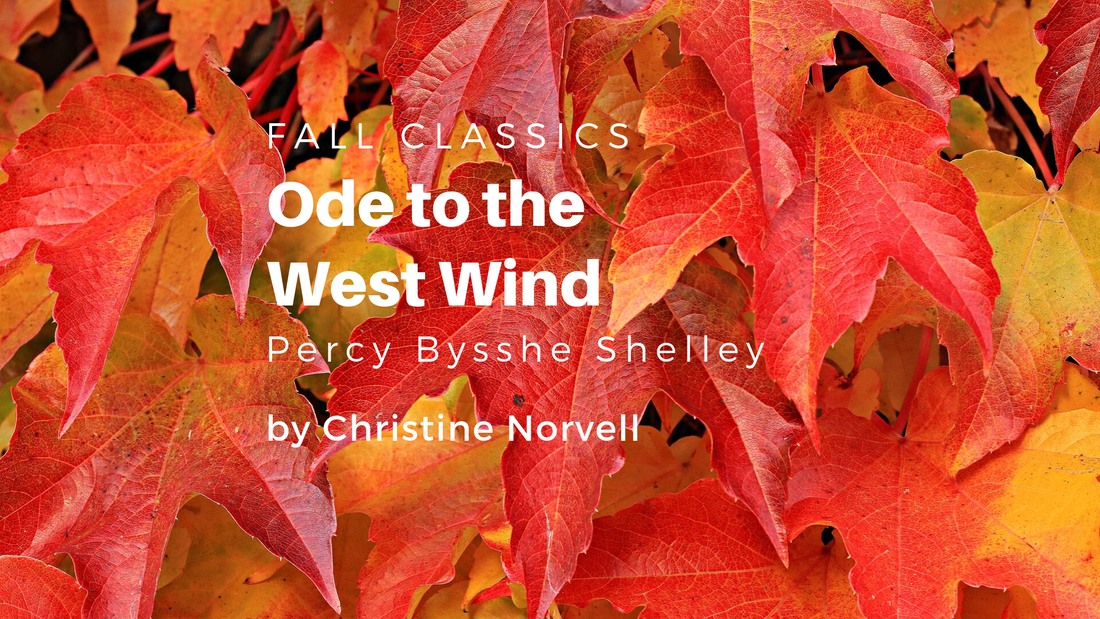
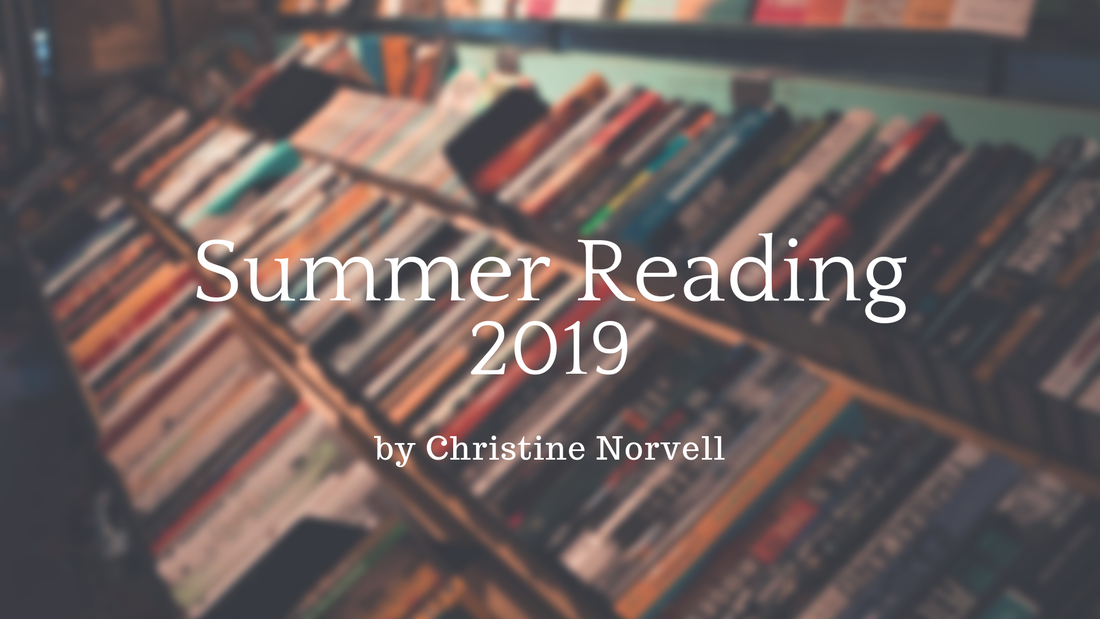
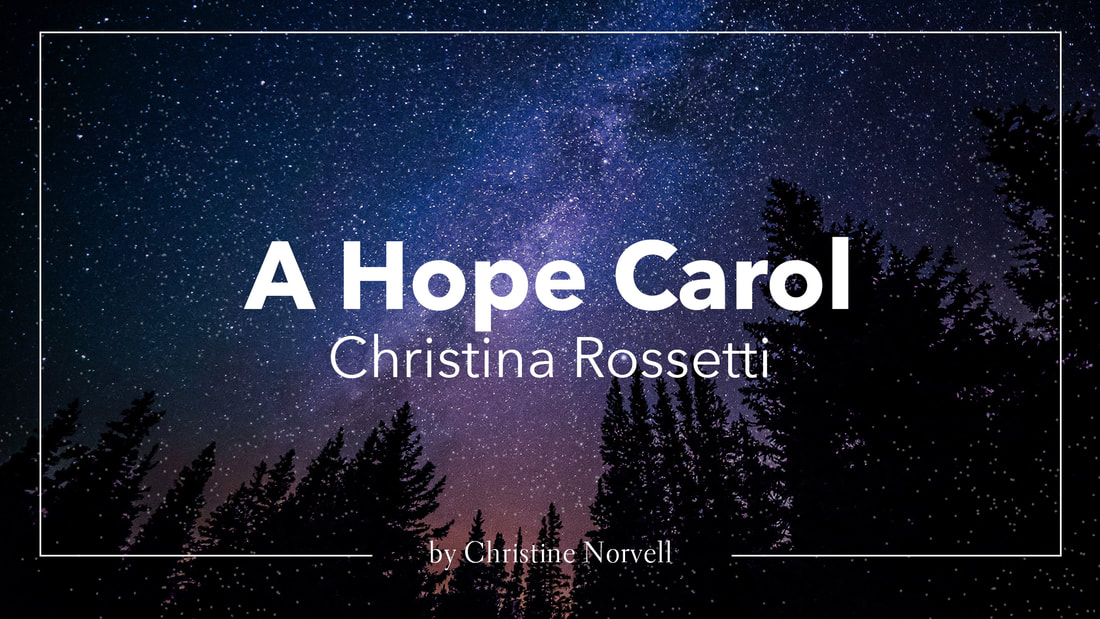
 RSS Feed
RSS Feed